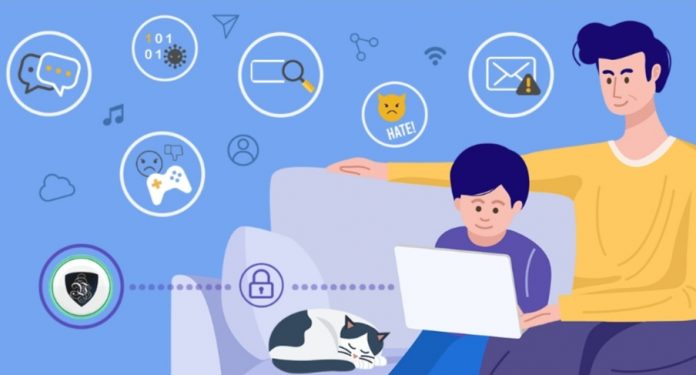Kids spend a lot of time, mostly, unsupervised by their parents, on the internet and social media platforms, playing more games online, and using smartphone applications. It is possible that advances in artificial intelligence, improved communication, augmented reality, and virtual reality will have a substantial influence on how children engage with society.
Users who are more susceptible to danger, such as children, are put in jeopardy when they use the internet, although it presents a plethora of chances for education, networking, innovation, and media consumption.
As a result, parental concerns over the safety of their children while using the internet are now quite popular. What precautions do you take to ensure that your kid is safe when using the internet?
What should parents do to protect their children when they are using the internet?
If you are using Windows 7 or a later version, you can monitor any user you choose with the “Parental Control” settings that are supplied by Windows. You can determine what days and hours you may login onto the computer. Another option will use a VPN for Windows.
Regarding iPads and iPhones:
When your kid has a favorite game that he or she wants to play, but you do not want it to access photos, the Internet, or any other applications that are not part of the game, the first technique to use is when your child wants to play the game.
- In this circumstance, you have the option of using the Guided Access function, which may be accessed by clicking the Settings, General, and Accessibility buttons.
- If you launch the application and then press the center button three times after it has been launched, a series of questions will be posed to you, including where you may not click, and how long you are permitted to remain only in this app, and other similar topics.
- After you have created a password to leave this mode, you can now hand it over to your kid with no concerns.
- Your kid will be asked for a password whenever they attempt to leave this configuration. If the child is unable to successfully input the password, the child mode will not be removed from the device.
On Android-based mobile devices and tablet computers:
When you create a new user after going to Settings Users, you can choose which applications this newly formed user may access. Once again, control may be accomplished with the use of a password.
The respective repositories of each platform include information. Directly contacting the customer support center of your Internet service provider is another way to get a variety of alternatives for simply protecting the Internet. These are the first concepts that occur in my head when I think about them.
Bonus: Try Out a VPN for Windows:
Children tend to take up new abilities quickly, particularly for using gadgets that are linked to the internet. However, they do not know viruses, cyberbullying, identity fraud, monitoring, fraudulent operations, or any of the other many internet risks that exist.
Because of this, it is necessary to protect their online safety by utilizing a virtual private network, or a VPN. Here we recommend iTop VPN, which has the most servers of most countries. For examples, it has VPN for American, VPN UAE, Singapore VPN, Brazil VPN, India VPN, etc, including the counties in all the 5 continents. What makes iTop brilliant?
- iTop VPN is a virtual private network (VPN) that is both quick and free, and it helps users circumvent geo-restrictions and maintain their surfing privacy. Over 1800 worldwide network servers are made available to users of iTop VPN for downloading, streaming media, taking part in social networking, or playing online games.
- iTop VPN’s Quick Access function guides customers through the process of rapidly locating the service they need for the various server use situations they may encounter.
- Private Browsing: The iTop VPN automatically analyzes for and fixes any privacy concerns that may arise, preventing private data from being monitored.







